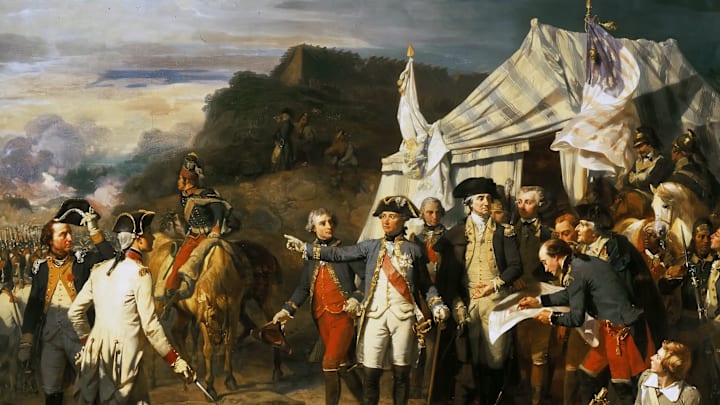The Causes and Effects of the American Revolution

The causes of the American Revolution were rooted in the growing dissatisfaction of the American colonies with British rule. One of the primary grievances was the issue of taxation without representation. The British government imposed a series of taxes on the colonies, such as the Stamp Act of 1765 and the Townshend Acts of 1767, without the consent of colonial legislatures. This led to widespread resentment and the rallying cry of "No taxation without representation," as colonists believed they should not be taxed by a government in which they had no elected representatives.
Economic factors also played a significant role in fueling the revolution. The British mercantilist policies, which aimed to control colonial trade and ensure that it benefited the mother country, were viewed as restrictive and exploitative. The Navigation Acts, for example, limited the colonies' ability to trade with other nations, stifling economic growth and fostering resentment among colonial merchants and traders.
Political and ideological factors further contributed to the revolutionary fervor. The Enlightenment, a period of intellectual and philosophical growth in the 18th century, emphasized individual rights, liberty, and democratic governance. Thinkers such as John Locke and Montesquieu influenced colonial leaders with their ideas on natural rights and the separation of powers. The colonists increasingly saw themselves as entitled to the same rights and freedoms as Englishmen, and the perceived infringement of these rights by the British Crown was a significant source of tension.
The American Revolution was also driven by social factors, including the desire for greater autonomy and self-governance. The colonies had developed their own political institutions and practices over time, and there was a growing sense of a distinct American identity. The British attempts to centralize control and undermine colonial self-governance were met with resistance and calls for greater independence.
The effects of the American Revolution were far-reaching and transformative. The most immediate outcome was the successful establishment of an independent United States of America. The Declaration of Independence, adopted on July 4, 1776, articulated the colonies' desire for freedom and outlined the principles of individual rights and self-governance that would shape the new nation.
The revolution also had significant political and social implications. The United States Constitution, adopted in 1787, created a federal system of government with a separation of powers and a system of checks and balances. This framework of governance was inspired by Enlightenment principles and became a model for democratic systems around the world.
The American Revolution also had a profound impact on global politics. It inspired other revolutionary movements, particularly in France and Latin America. The French Revolution, which began in 1789, was heavily influenced by the American struggle for independence and the ideals of liberty and equality. The success of the American Revolution demonstrated that colonial rule could be challenged and overthrown, setting a precedent for other nations seeking self-determination.
Economically, the revolution disrupted traditional trade relationships and forced the new nation to establish its own economic policies and trade agreements. The end of mercantilist restrictions allowed for greater economic freedom and growth, although the young nation faced significant challenges in establishing a stable and prosperous economy.
In conclusion, the causes and effects of the American Revolution were complex and multifaceted. Rooted in political, economic, and social grievances, the revolution led to the birth of a new nation founded on principles of liberty, equality, and self-governance. Its legacy continues to influence contemporary political thought and has left an enduring impact on the global quest for freedom and democracy.